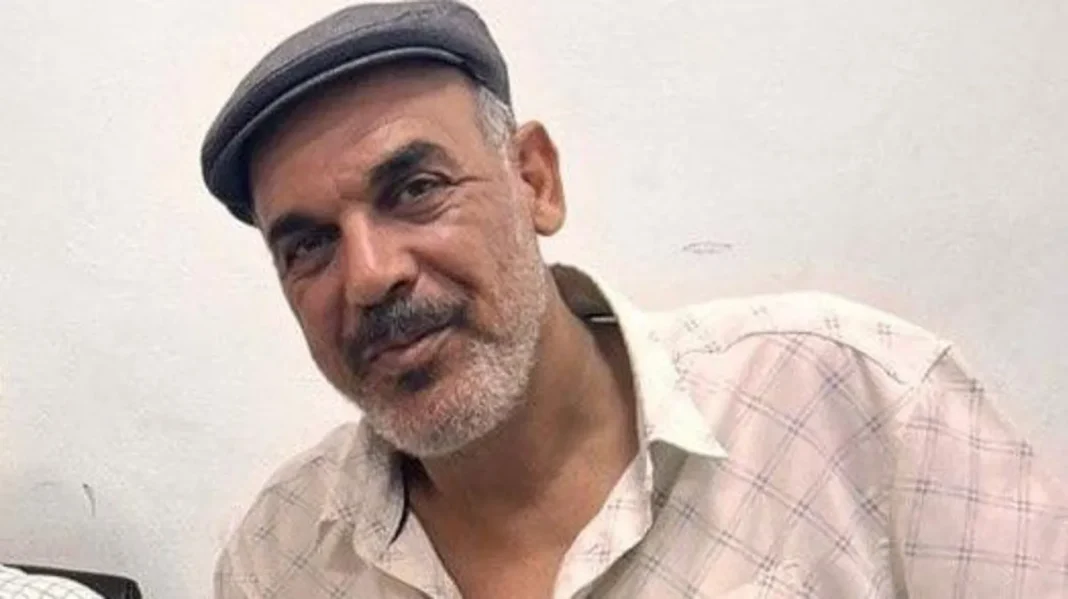The arrest of Libyan writer and politician Samir Shegwara, following his publication of documents implicating Libya’s intelligence service in the Lockerbie bombing, has drawn significant attention. The documents, which Shegwara claims were retrieved from the archives of Libya’s former intelligence chief Abdullah Senussi after the fall of Muammar Gaddafi’s regime, appear to offer crucial new evidence in the case. These documents suggest a direct link between Libyan agents and the bombing that killed 270 people on Pan Am Flight 103 in 1988.
Shegwara’s book, The Murderer Who Must Be Saved, co-authored with French investigative journalists Karl Laske and Vincent Nouzille, includes this sensitive material, and its publication has already stirred controversy. The documents, which have been examined by Scottish detectives, seem to corroborate long-held suspicions about Libya’s involvement, offering what might be the first direct evidence from inside the country’s intelligence services. The authenticity of the documents is strongly defended by the publishers, who argue that they contain information of major historical significance, not only to Libya and the US but also to Scotland and France.
The most significant document reportedly provides details of tests on suitcase bombs, much like the one used in the Lockerbie bombing. This adds another layer of evidence to the claim that the attack was planned and executed by Libyan agents. Furthermore, the documents are said to implicate key Libyan figures, including Abu Agila Masud Kheir Al-Marimi, a man now accused of making the bomb, and Abdullah Senussi, who was involved in other acts of terrorism and is a key figure in Libya’s history of violence against civilians.
Shegwara’s arrest on charges of possessing classified security documents without legal justification reflects the Libyan government’s ongoing efforts to suppress information about the crimes of the former regime. His detention, however, has sparked an international outcry, particularly from the book’s publishers, who view his prosecution as an attempt to silence important revelations about past atrocities.
The situation highlights the complex political and legal issues surrounding the legacy of Gaddafi’s regime and the continuing efforts to bring justice to victims of Libyan-sponsored terrorism. The documents Shegwara published could potentially reshape the narrative around the Lockerbie bombing and might provide the evidence needed for further legal action against those responsible.
As the case progresses, it will be interesting to see how it impacts the pursuit of justice for the Lockerbie bombing victims and how Shegwara’s legal troubles unfold. The possibility of these documents being used in ongoing trials, like the one involving Abu Agila Masud Kheir Al-Marimi, could be a pivotal moment in seeking accountability for one of the most devastating terrorist attacks in history.
What are your thoughts on Shegwara’s arrest? Do you think the publication of these documents will lead to a breakthrough in the Lockerbie case, or could it provoke further political fallout in Libya?

